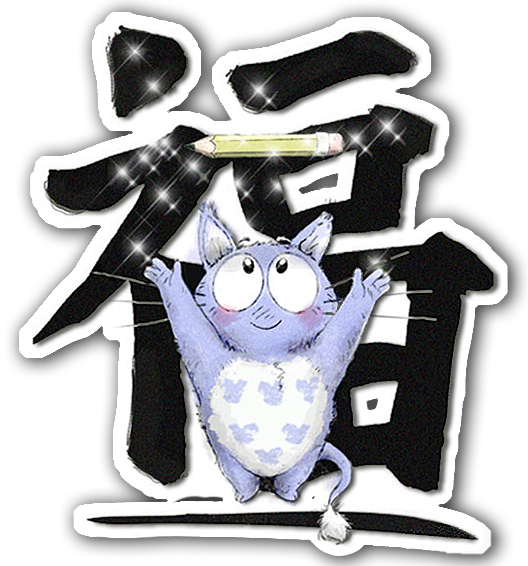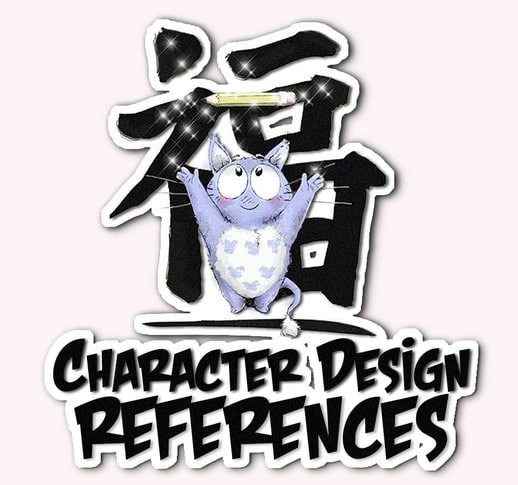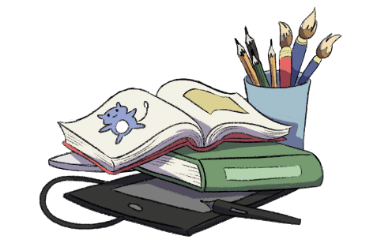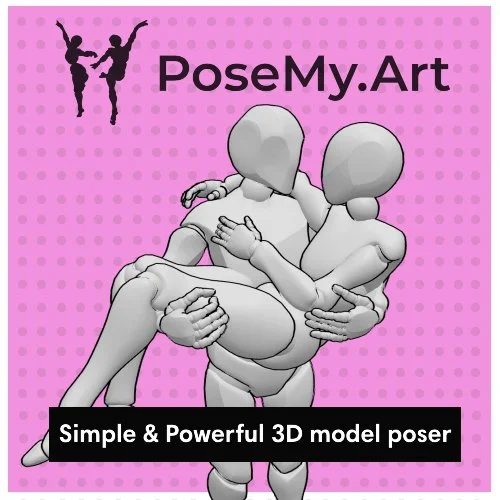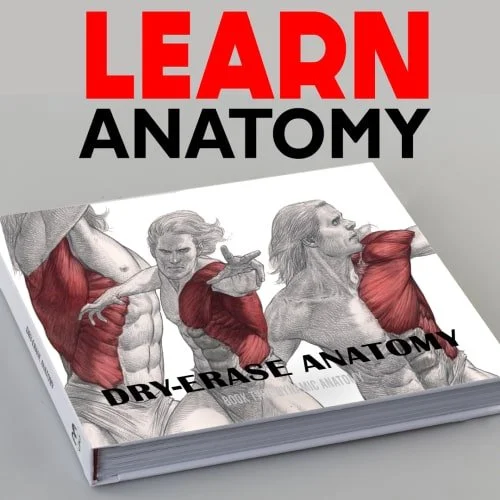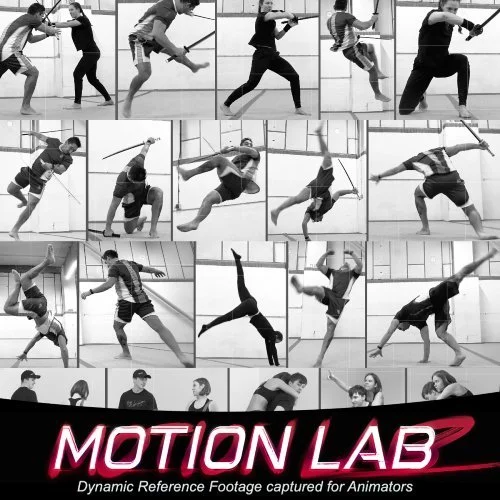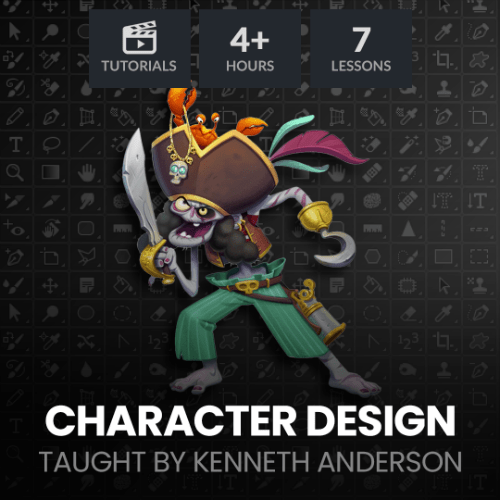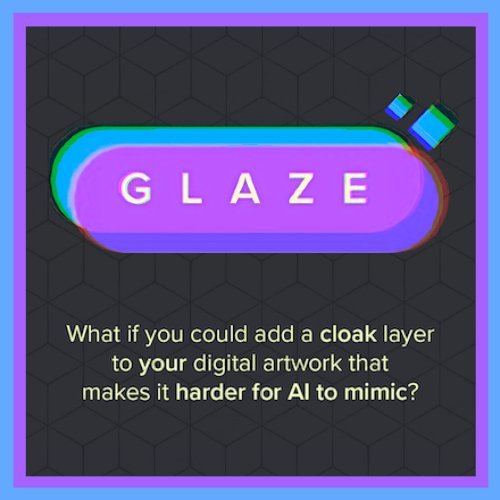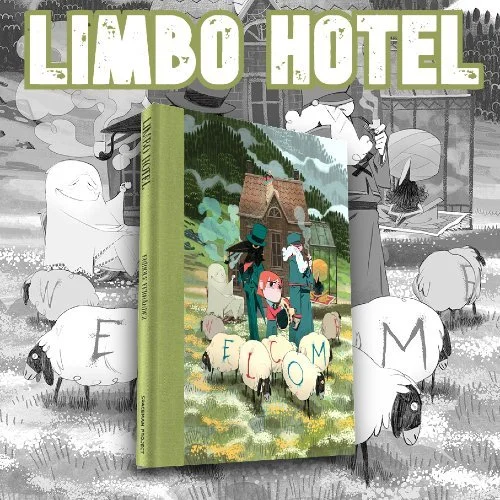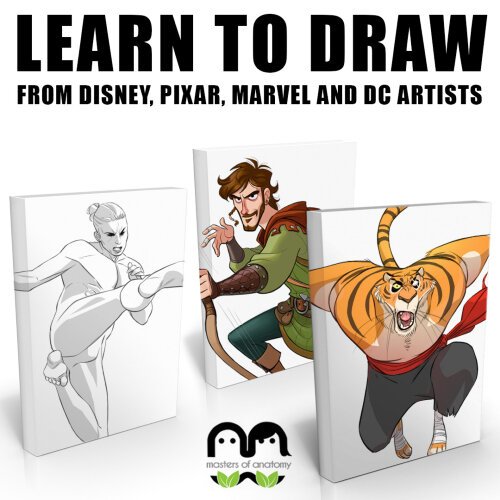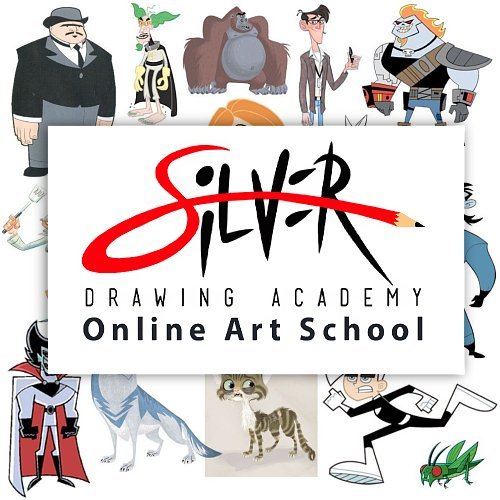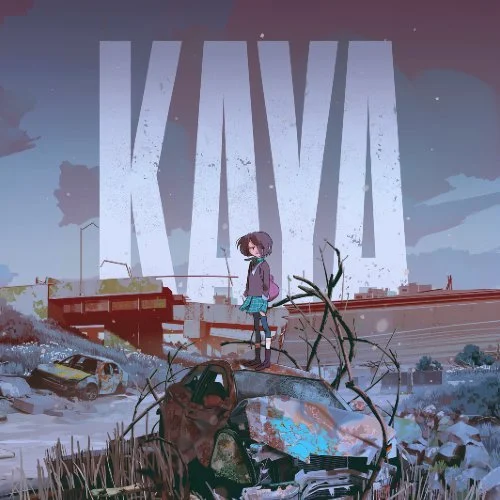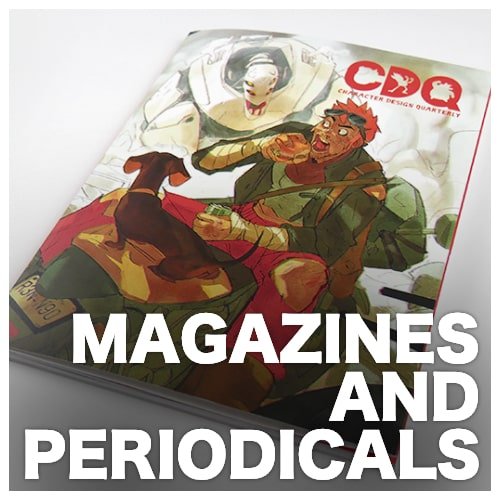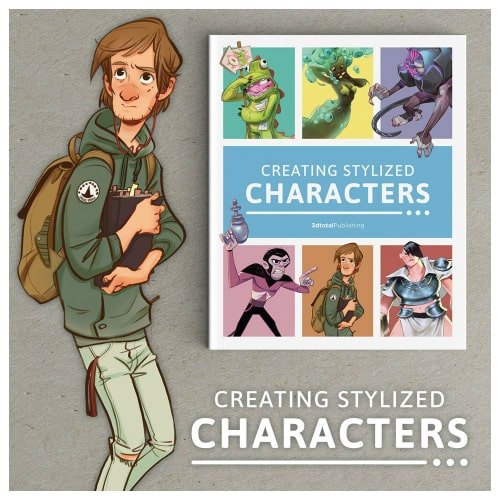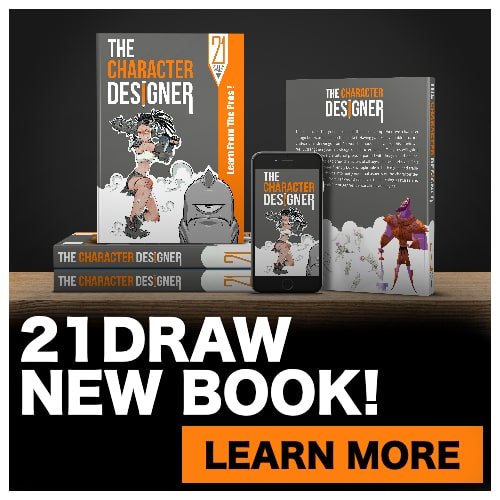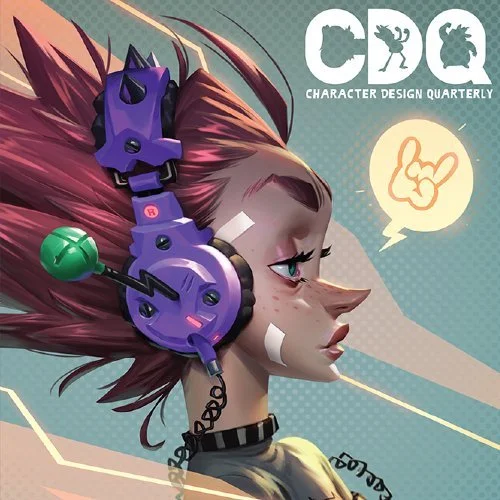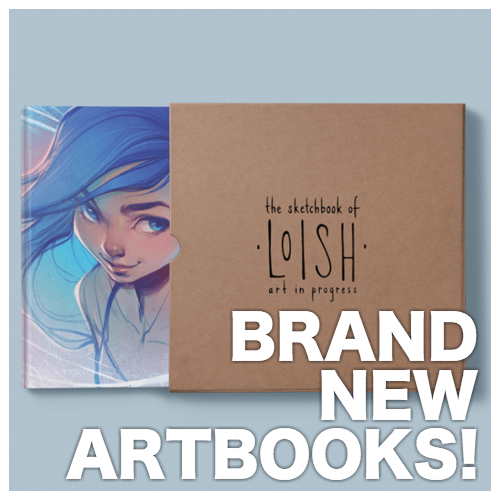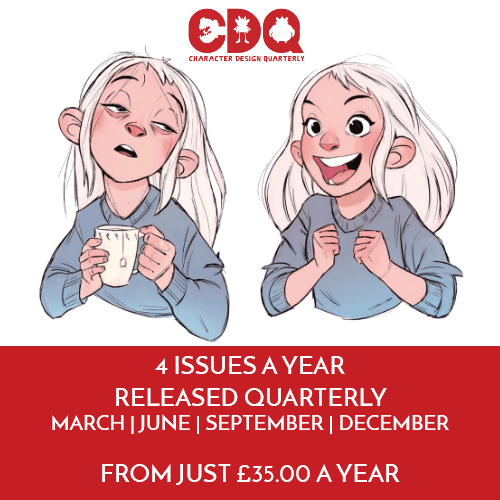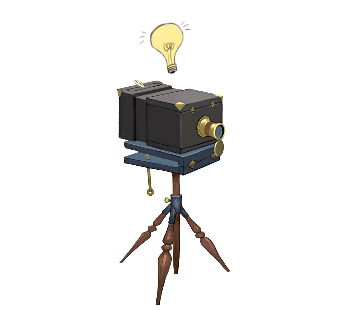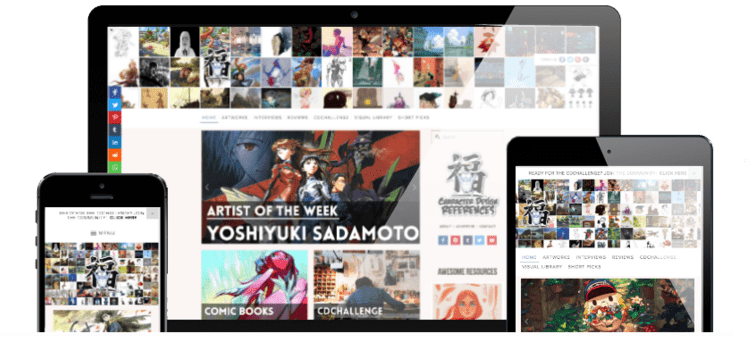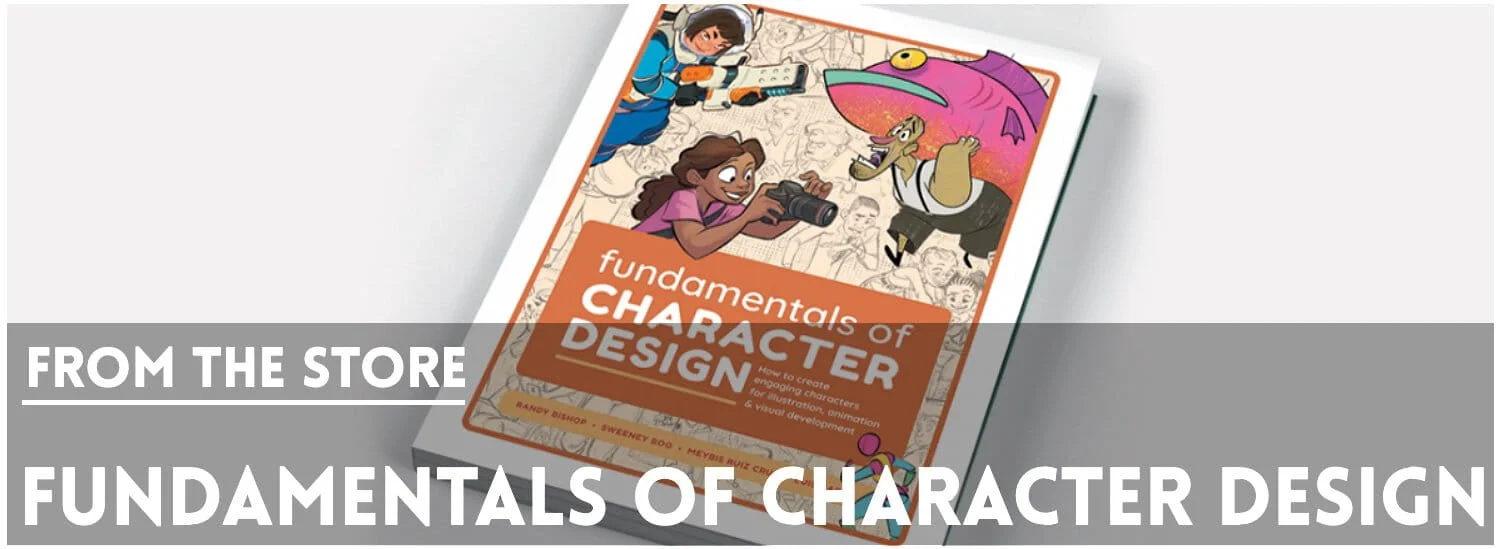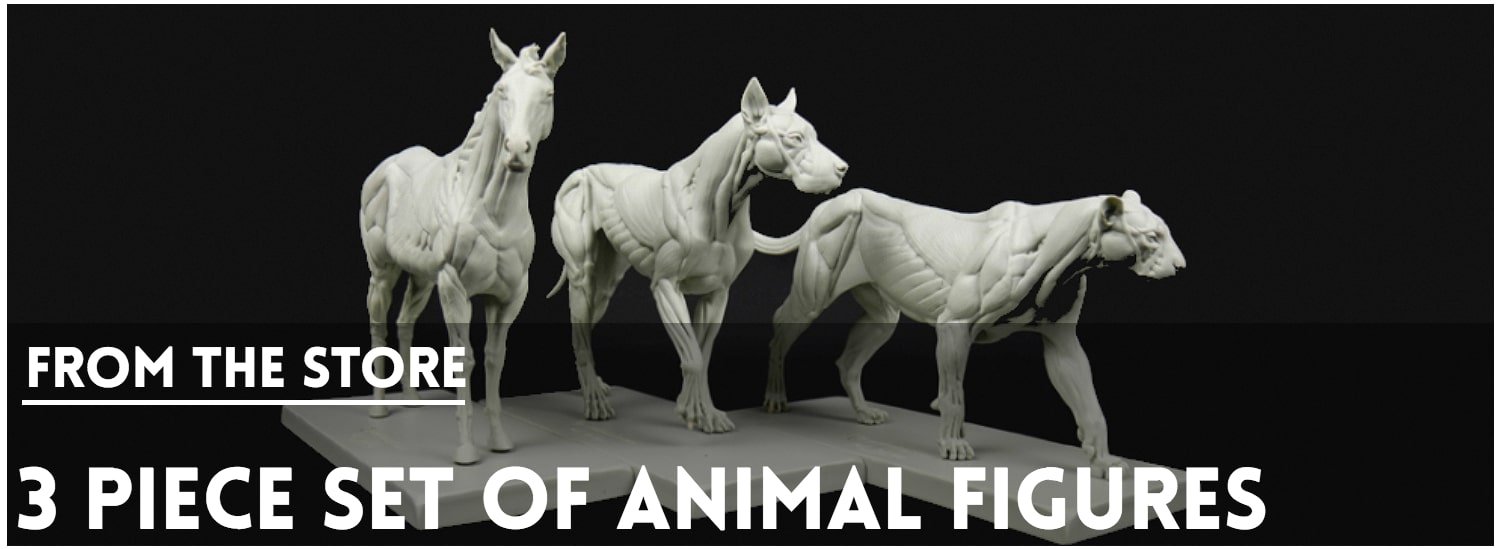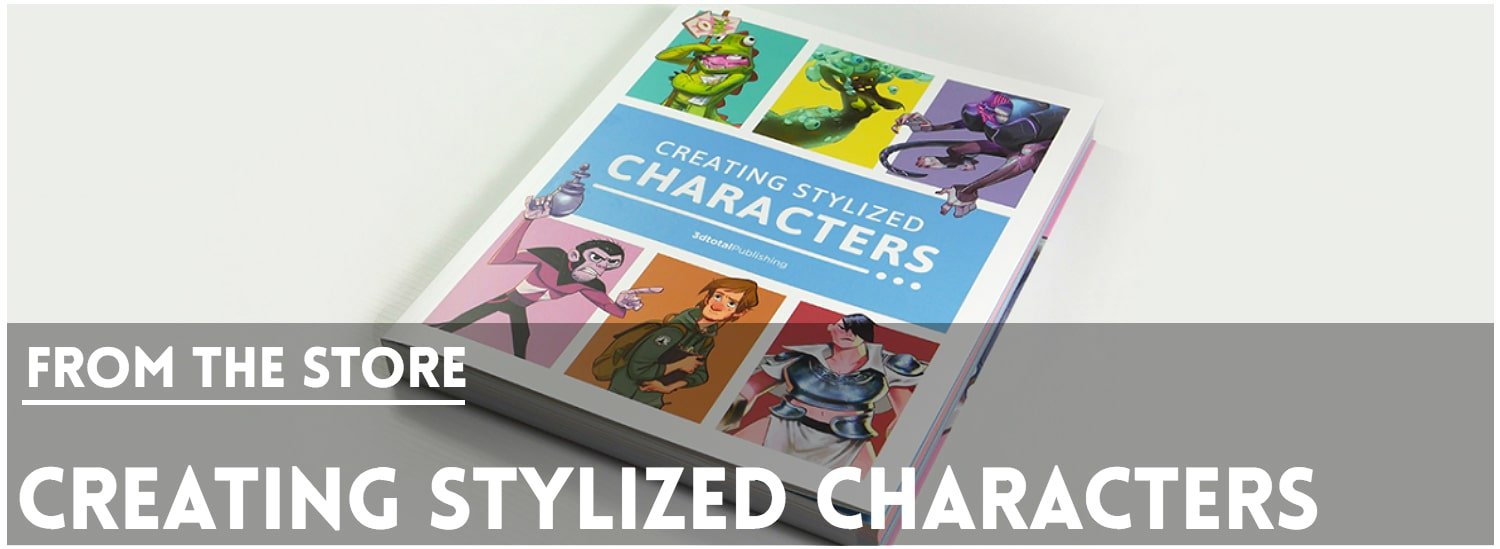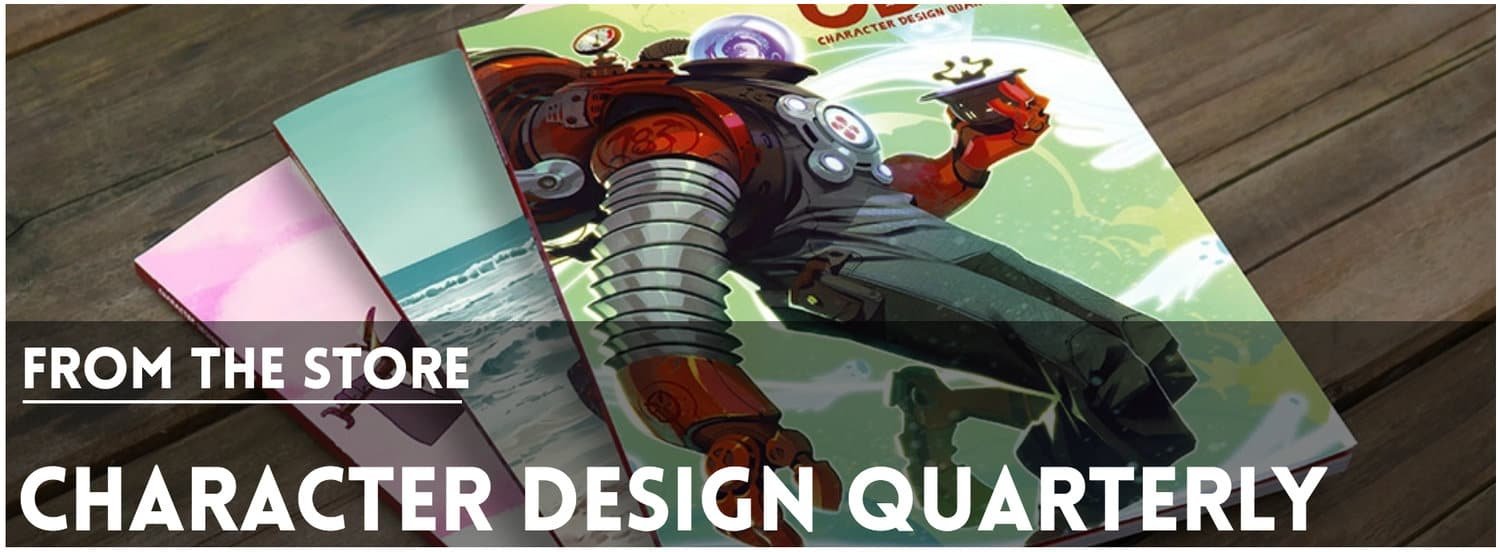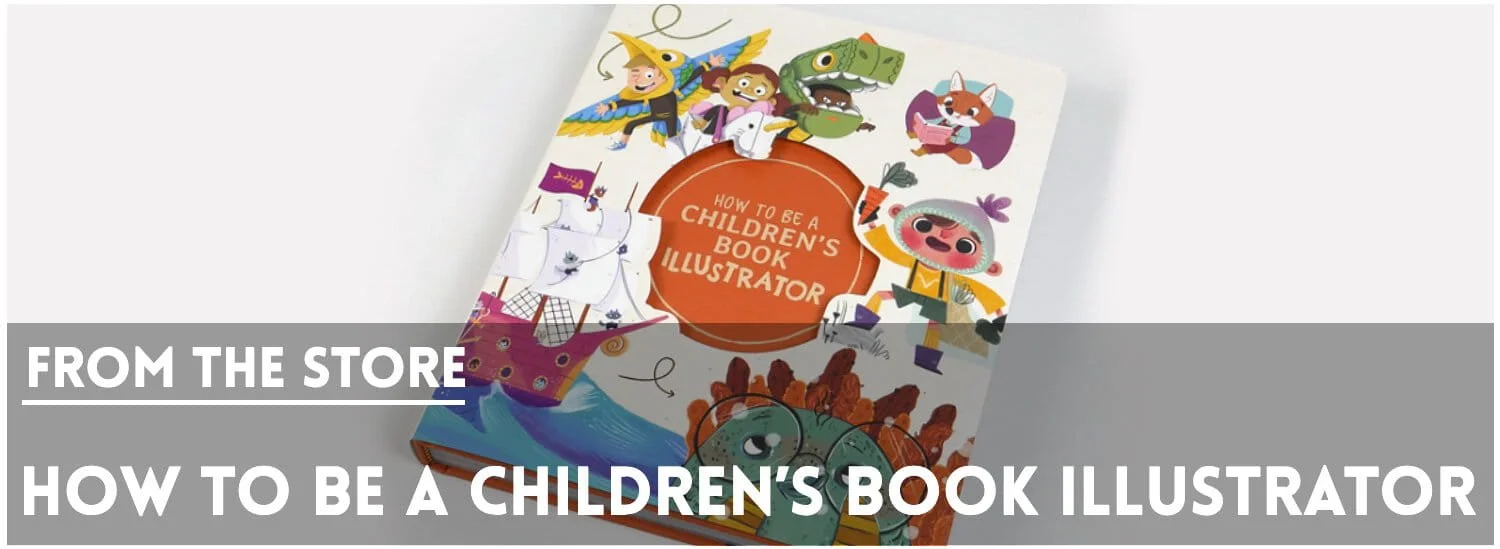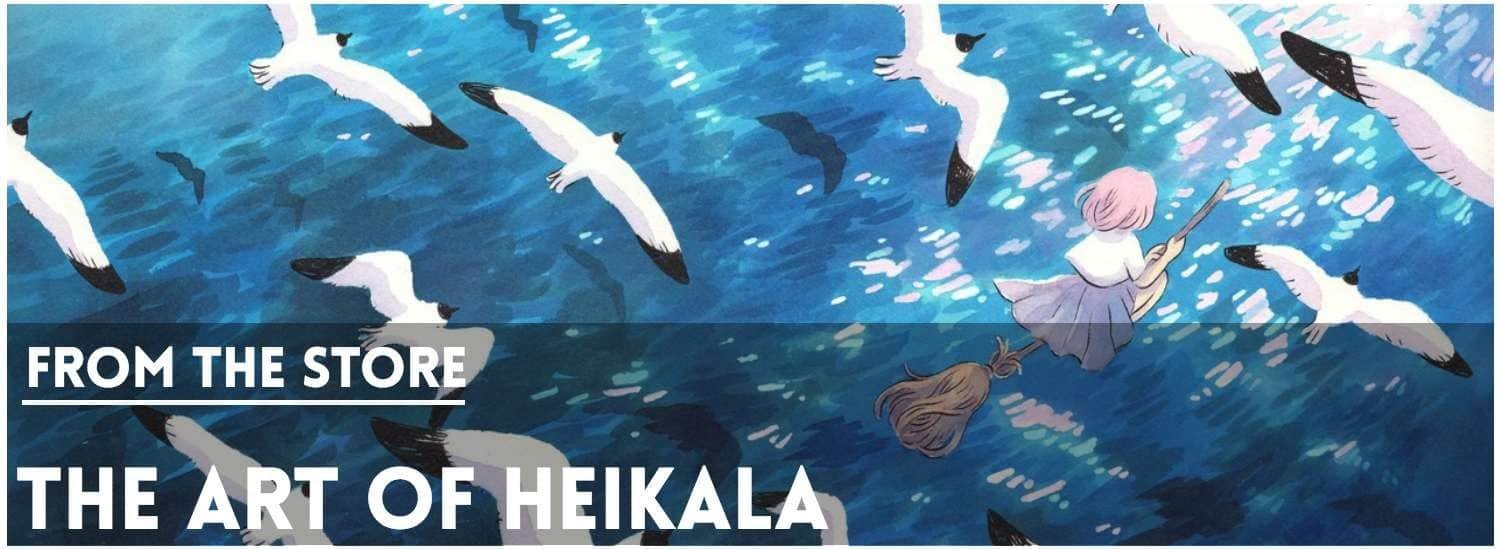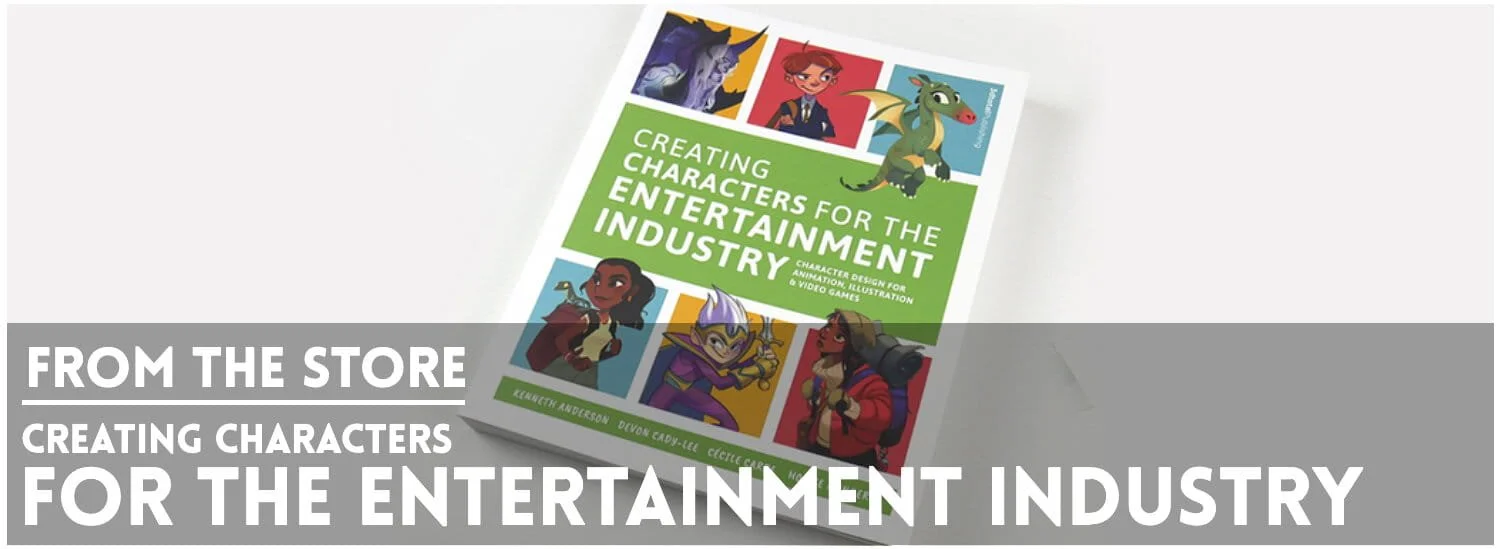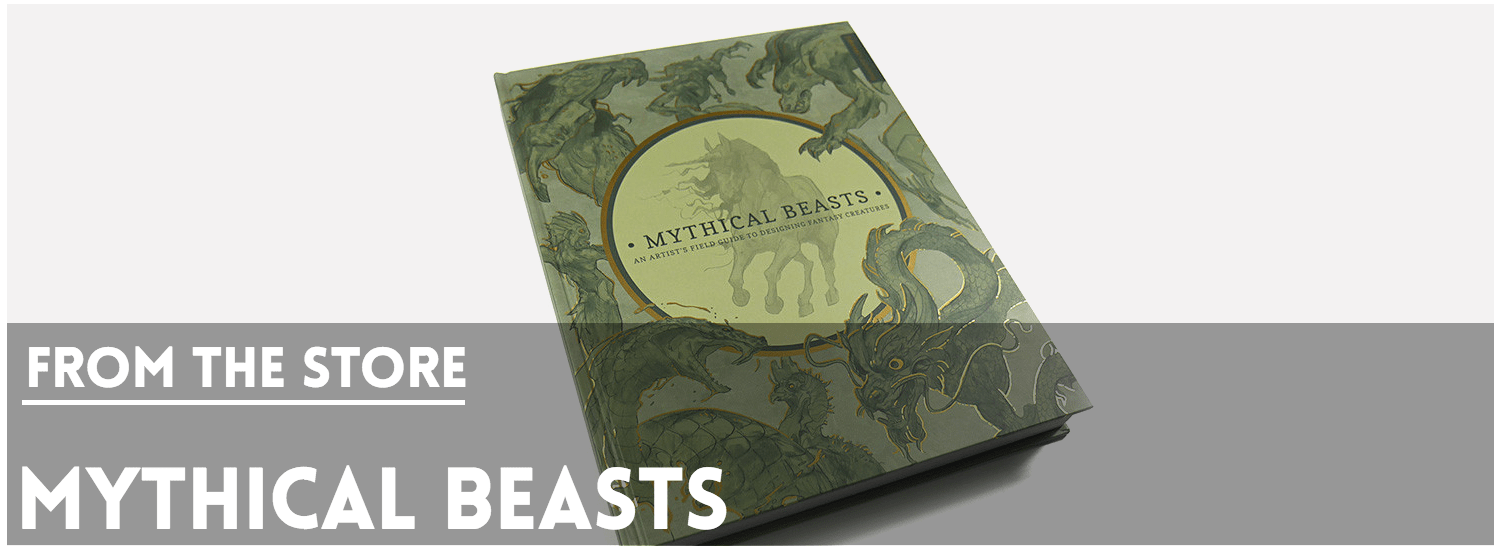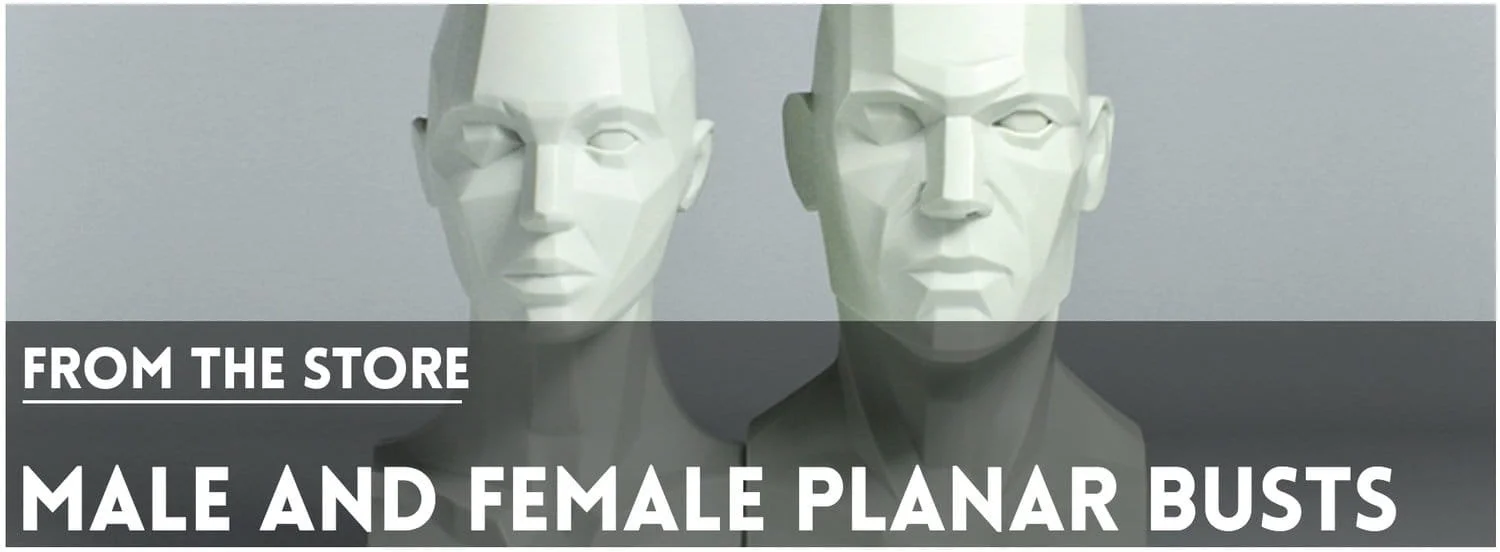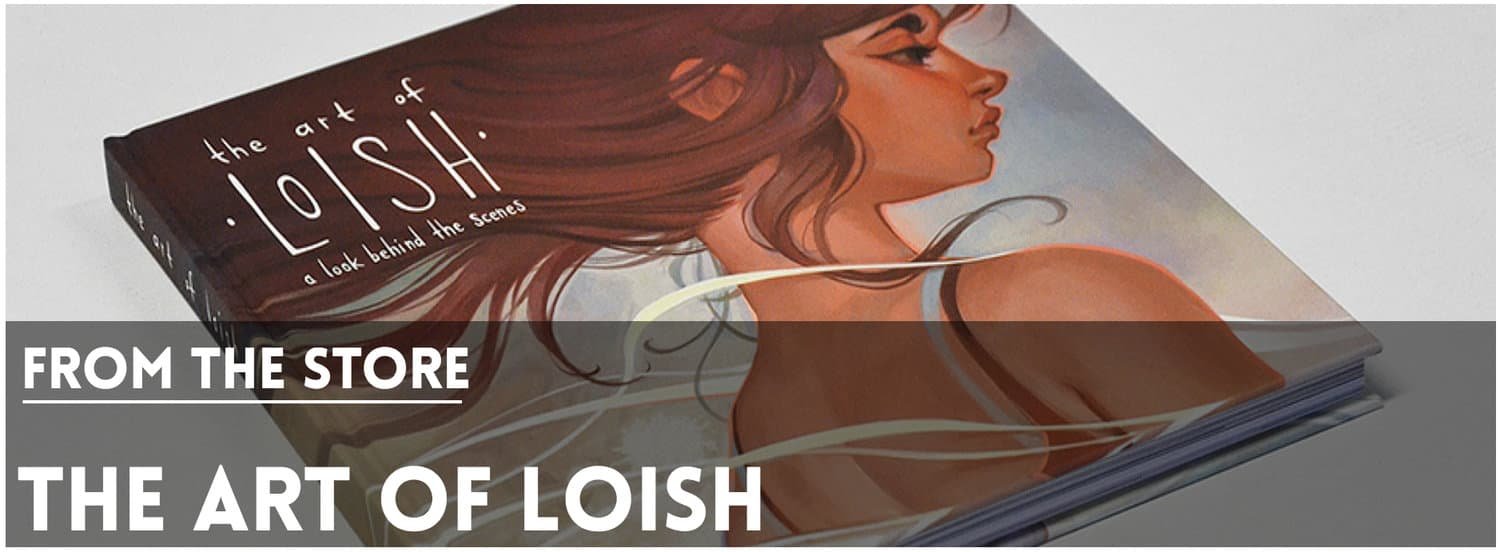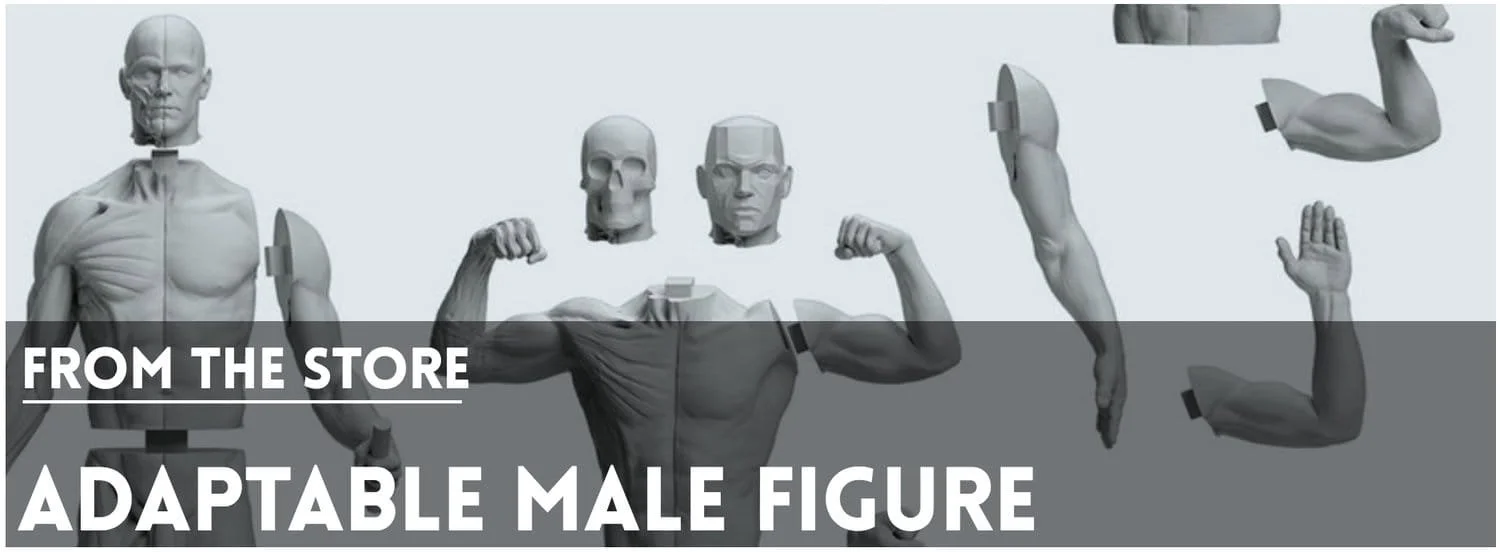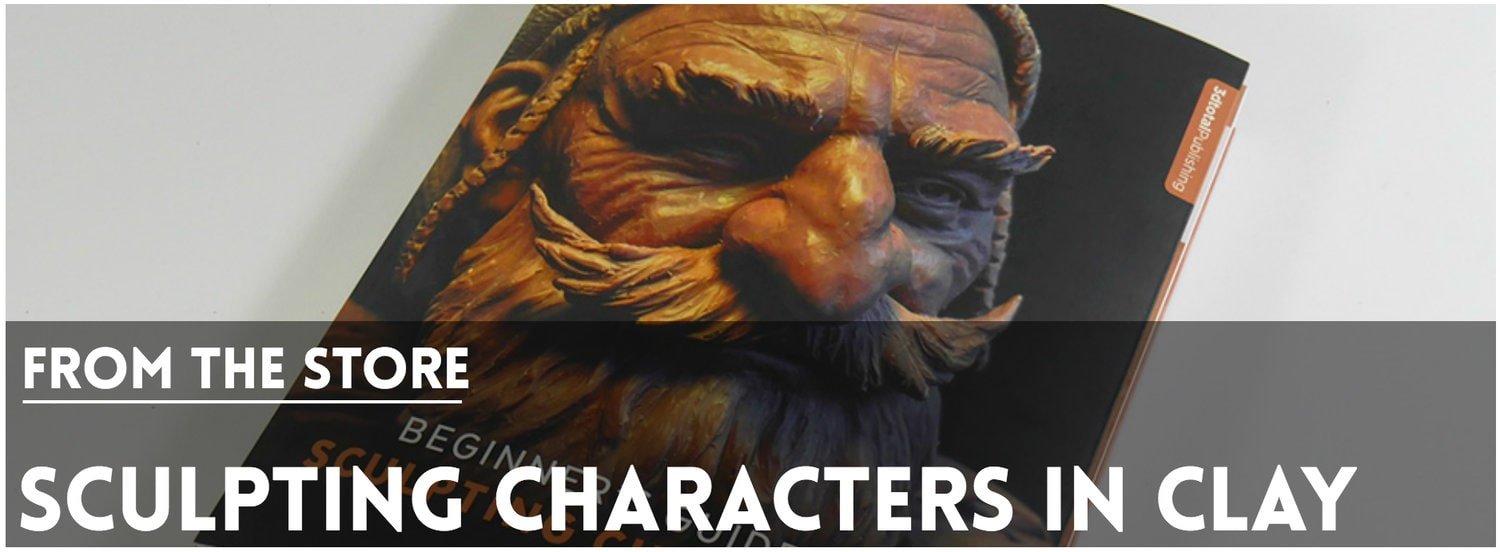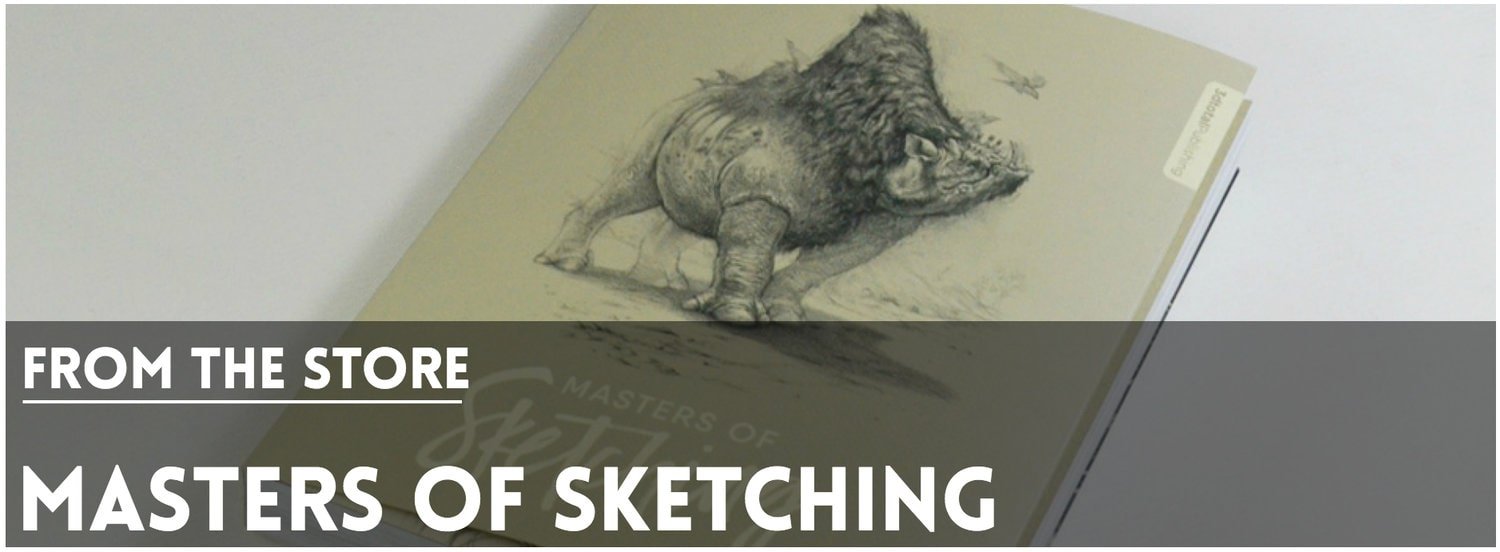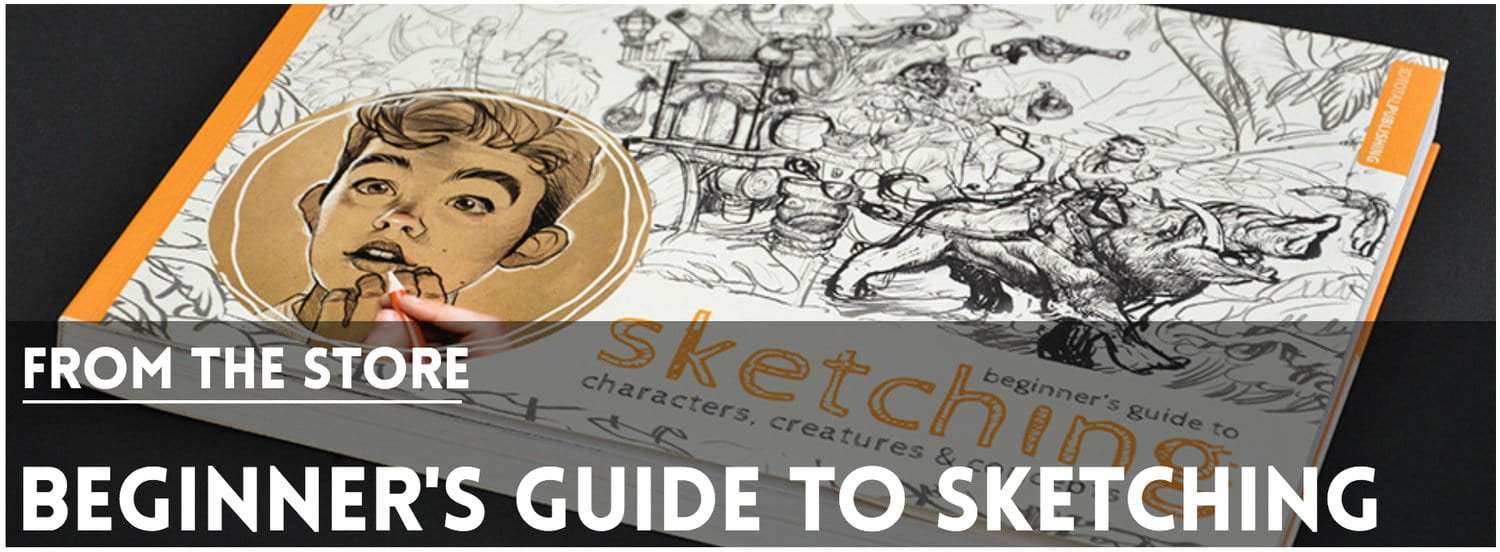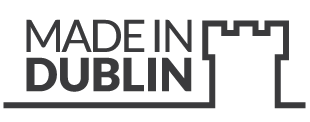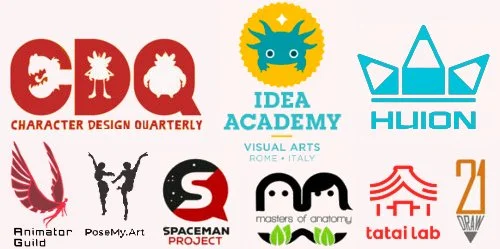Peter Slattery
/Where did you grow up and when did you decide to become an artist?
I grew up here in Dublin. I was raised on a strict diet of Looney Tunes and it was watching them that sparked my interest in animation. I was pretty young when I made the decision to start drawing and become an animator. I think I was about 8 or 9 years old. My parents didn't know what to think!
Did you go to an art school or are you self taught? How did you develop your skills?
Before I finished school, I had applied to, and got into, the Irish School of Animation. At the time, there were only two places that had dedicated animation courses in Ireland. The Irish School of Animation had an excellent reputation in the industry, with Disney masterclasses run in the school every year. It had been my goal to get into the school for as long as I'd known about it, and I was so happy when I got in. Since then, it's pretty much been a case of building my skills myself. I spent a long time, too long really, not drawing while working in animation. Then, a few years ago, I decided to dedicate myself to getting better at drawing, going right back and learning as a beginner. Since then I've taken life-drawing courses and enrolled in some Schoolism courses to better my skills. Drawing every day is essential, and something I strive to do.
Have you always been supported in your artistic path or has it been challenging to let your family and friends understand your choice?
Oh, absolutely. My parents didn't know what to make of my decision to go into animation. They didn't really understand what was involved, but they backed me all the way. They supported me when I wanted to do summer courses in animation and portfolio preparation, and always maintained that as long as I put the work in, they'd back me 100%
When I met my wife, one of the first thing she asked of me was to see my sketchbooks. I had no problem showing her, and no idea what I was in for. She was brutally honest! She told me exactly what she liked and didn't like! Which was actually pretty refreshing as many people would be too polite to say what they don't like. She's my most honest critic, and also my biggest fan!
What was the strongest influence you had when you were growing up ( artists, movies, cartoons, comics etc.. ) ?
Definitely Looney Tunes. Without them, I wouldn't be doing what I do now. It's almost cliche to say at this point, but that's because it's just so true, but Chuck Jones is arguably the most important director in the history of animation. I don't think there's one person in the industry who isn't influenced by the guy. Even off the top of my head, Robin Hood Daffy, Duck Amuck, Duck Dodgers In The 24th And A Half Century and the Hunting Trilogy (Rabbit Season, Rabbit Fire and Duck! Rabbit! Duck!) are just perfect. Later, Bruce Timm had a big influence too. The 1990s were when I was really getting my head around wanting to be an animator and Batman: The Animated Series was the best thing on television. It had a big influence on myself and many of my contemporaries.
Did you have a favourite subject to draw when you were a child and do you still have one today? If you do, what makes it so special?
Faces and expressions. They've always been my bread and butter and influence most of my work. Even when doodling, I have a habit of ignoring bodies and going straight for the expression. Which is something I need to rectify! But people and faces are just too much fun to draw!
From the initial client idea to the final work: what goes through your mind when you are designing and what is the method you use when starting a project? Could you describe it?
Every project starts with me asking the client what exactly they want (the easy part) and what they want to achieve with the piece I'll be doing (the slightly more abstract part!). I start by doing up some sketch ideas, keeping it really loose, with plenty of options. Getting it right at this stage saves a lot of headaches. It's also the longest part, as there's a lot of back and forth over what the client likes and doesn't like. Once the design is nailed down, it's just a matter of working things up until the final piece is done. Depending on the client, there can be a lot of redoes and retakes depending on how clear they were on the idea in the first place. But I've never had any real problems with a client who changed their mind too much after the sketch phase.
What is your process in colouring your art and what type of tools and media do you use?
Right now, I'm working mostly digitally. I draw in Clip Studio Pro and paint in Photoshop. My workspace isn't massive, so working that way suits me. Also, I can Ctrl Z my mistakes! But I'm also a big fan of working with watercolour. I love how loose it is, and it suits my style, so whenever I get the chance, I'll have a crack at it. Colour terrifies me, to be perfectly honest. I look at some of the work done by the likes of Dice Tsutsumi and Robert Kondo at Tonko House and Nathan Fowkes and I'm just in awe of how they achieve what they do. Clearly what they do is quite different to my own work, but their understanding of colour is just staggering.
What part of the creation process is the most fun and easy and what part is the hardest?
I don't really have one favourite part of the process. I do have 'stages' so to speak. I start off with a sketchbook and pencil. I try and nail pose first. This is probably the most important stage. Without a solid foundation, the whole image will be off, and no amount of rendering and effects will fix it. When I'm happy with the sketch, I'll start working it up digitally. This can be a really fun stage, and sometimes I lose myself in it, tweaking and redrawing, and often discovering a whole new approach. I used to hate the 'inking' stage as it was long and laborious. But I've recently switched to using Clip Studio Paint, and that program is a joy to use. After that is the painting stage. And that is the scariest stage. Sometimes I feel like I'm wandering into a maze with no map! But when it starts to flow in the right direction, then it becomes something you find yourself having to drag yourself away from just to get some sleep!
What is a typical day for you, and who are the people you work/collaborate with?
At the moment, work is a very 9-5 thing. Currently I'm getting to do a lot of drawing in work, which just has me skipping to work each morning. After work is family time for me. I collect my daughter and spend time with her and my wife until the baby goes to bed. It's only later in the evening I get work on personal or free-lance projects. Sometimes it can be hard to motivate yourself that late in the day. But I find after a good 10-15 minutes of sketching or doodling, you've lost yourself in the flow and that lack of motivation is gone!
What are some of the things you have learned from other artists who you have worked with or whose work you have seen?
It's been a while, but we had life-drawing classes in work a few years ago. That was incredibly interesting in terms of seeing how my friends and colleagues work. You had so many different styles of drawing depicting the same subject. It both inspired and created great competition in the class. You could find yourself very jealous at how good your friends are at drawing!
What projects have you worked on in the past and what are you working on at the moment (if you can tell us)?
I can't really say what I'm working on right now. There are NDAs that need to be adhered to! But I have had the privilege and luck to work on some stellar projects in the past. I had the good fortune that the first project I worked on was Foster's Home for Imaginary Friends. It was a gorgeous project to cut my teeth on. And the project I just finished up on was another Craig McCracken show, Wander Over Yonder. Wander is the show I'm absolutely the most proud to have been associated with. The animation is stunning on it, and the show is hands down the funniest I've worked on. I also had the responsibility for the animation on a few episodes, so that's right to the top of the resume! I've also worked on El Tigre: The Adventures of Manny Rivera, The Amazing World of Gumball and Randy Cunningham: Ninth Grade Ninja, so I've got some great shows under my belt.
What is your longterm career goal and what would your dream project be?
At the moment, I'm really trying to build a varied body of work. When I decided to dedicate a lot of time to honing my drawing skills, I tended to labour over work and my output was appalling. So I'm working on becoming a bit looser in how I work. I know not everything has to be perfect, so obsessing over every detail is just a waste of effort. You can become quite myopic and lose track of what you wanted to achieve in the first place. So I'm trying to produce more work, and keep it loose. My dream project is to create a kids' book. I absolutely love the art and design put into those books, and I would love to make one for myself. I have a toddler at home and we buy her loads of books. But really, I buy them for myself!
Working for a company or freelancing: what suits you best? And why?
Animation is a collaborative industry. It's pretty hard to avoid working with other people! And it's something I've grown to love to do. Especially with the role I have in Boulder Media, the company I work for. I work with some incredibly talented people, and coming up with solutions to problems as part of a team is something that really brings you together.
I've always enjoyed freelancing too. And it's something I do regularly when the work comes my way. There are a whole different set of challenges. And your work often becomes 100% you. There's nothing to hide behind. Which can be scary. But also incredibly rewarding.
What advise would you give to an artist who is dealing with an art-block? How do you boost your imagination and keep yourself creative?
Oh man, I get art blocks all the time. At least once a week! I used to deal with them pretty badly, and could go days or even weeks without putting a pencil to paper. But that doesn't help. Now, I just try to stop thinking about it so much and just start drawing. I find a block comes when I'm trying to think way ahead to a finished piece and cant even get off the starting block. So I draw people. I love the site Humans of New York. I go there and just start doodling the people on it. That usually helps clear the block!
Concept art, animation, illustration, comics, there are lots of choices. When you’re young, sometimes you know only one thing: you love to draw. What should a young artist take into consideration to make the right decision when choosing an artistic path?
This is going to sound somewhat pretentious, but becoming an artist isn't so much a choice but an evolution. When I was a kid, I wanted to be an animator. That was it. But as the years have passed, I've found myself doing other things, dabbling in painting, illustrating, I even tried doing a webcomic for a while, but that didn't really suit me. I couldn't even put a label on what I do right now. And then there's the mediums I use. I do digital, watercolour, pencils, markers. And skills you learn from animation, or illustration, or painting are all transferable to other styles. So I guess I'd just say, be open to trying new things. And get out of your comfort zone. You'll never know what appeals to you if you stay locked into one thing.
Many art teachers and schools suggest to their students that a commercial artist should always work in one consistent style if they wish to have a healthy career. In your own experience, do you believe this to be true?
I've found that flexibility isn't just advisable, it's essential. Especially in animation. Every project is different, and if you cant adapt then that's a bit of a problem. As an artist myself, I like to have a personal style. A trademark, if you get me. But when you're working on a commission or a project, you have a responsibility to deliver a client's idea. So flexibility is essential.
If you had to recommend only one art book (a comic book, graphic novel, children book, ''how to'' book) to a fellow artist, what would it be and why?
It depends on the field they're going into. If it's animation, The Illusion of Life is absolutely essential. Written by Frank Thomas and Ollie Johnston, two of the legendary Nine Old Men of Disney, it's the animator's bible. The other book I love, and go to very regularly is 100 Tuesday Tips by Griz and Norm. They pack so much information about pose, structure, colour into these single-page 'tips.' It's my favourite book af the last few years.
What’s your point of view about the industry today: what are the expectation for someone who wants to make a living with an artistic career?
In animation? Don't expect to get a job for life. Those things don't exist any more, and it's very much project to project. I'm lucky to have worked with the same company for a decade, but in that time, I did work for other studios during project down-time. This is entirely normal now, with long-term contracts very rare. But then, that also keeps you on your toes, creatively. You never stagnate!
Who are the artists who inspire you the most today and what are some of your favourite designs out there?
It'll come as no surprise that many of my favourite artists work in the animation industry! At the moment, I'm a massive fan of Bobby Pontillas, Cory Loftis, Mingjue Helen Chen, Mayumi Nose and Dean Heezen. There are also artists who don't work in the animation industry like Scott C., Eduardo Vieira, Loish, Pascal Campion and Dan Santat. I could spend all day gushing over these artists. So much talent.
We have a soft spot for hand drawn animation, what is your opinion about the future of this art form?
It's a tough one. There's one thing that cant be ignored about the animation industry, and that's, no matter how good the show or film, the one thing that rules is money. And traditional, hand-drawn animation takes time and time means money. It's just not economically viable to create a show using pencils and paper when it can be done digitally for a fraction of the time and cost. This is unfortunate, but true. That's not to detract from digital in any way. But there's something really organic and tactile (I'm struggling for the right word here!) about hand-drawn animation, and you rarely see that from western studios any more. Until it becomes cheaper, or the demand for it grows, I cant really see hand drawn animation becoming a big thing again any time soon.
Social networks, crowd funding websites, print on demand online service, you name it. New media on the internet are connecting the artists directly with their fans like never before. In your opinion, how is this affecting the industry and what are the pros and cons?
The most obvious pros are a potential audience that stretches worldwide, connecting you with people you'd otherwise never have a chance of contact with. And you also are exposed to artists, you'd never come across without the internet. That kind of thing is invaluable. However, you do sometimes find yourself seeking thumbs up and retweets, and that can affect your work. There's no denying, fan-art trumps original art. People just like familiarity. So you can find yourself chasing that approval by doing fan-art when you should be doing original work.
Finally, Where can we see your art online and get in touch with you? How can we buy your creations and support your work?
My website is currently a work in progress! But I have all the social medias! Facebook ( facebook.com/PeterSlatteryArt ), Instagram ( instagram.com/peteslattery ), Twitter ( twitter.com/PeteSlatteryIE ) and Tumblr ( peterslattery.tumblr.com ). I keep them updated weekly, so there's always something new. And if you ever need to get in touch, they're the places to find me!
Thank you Peter :)
